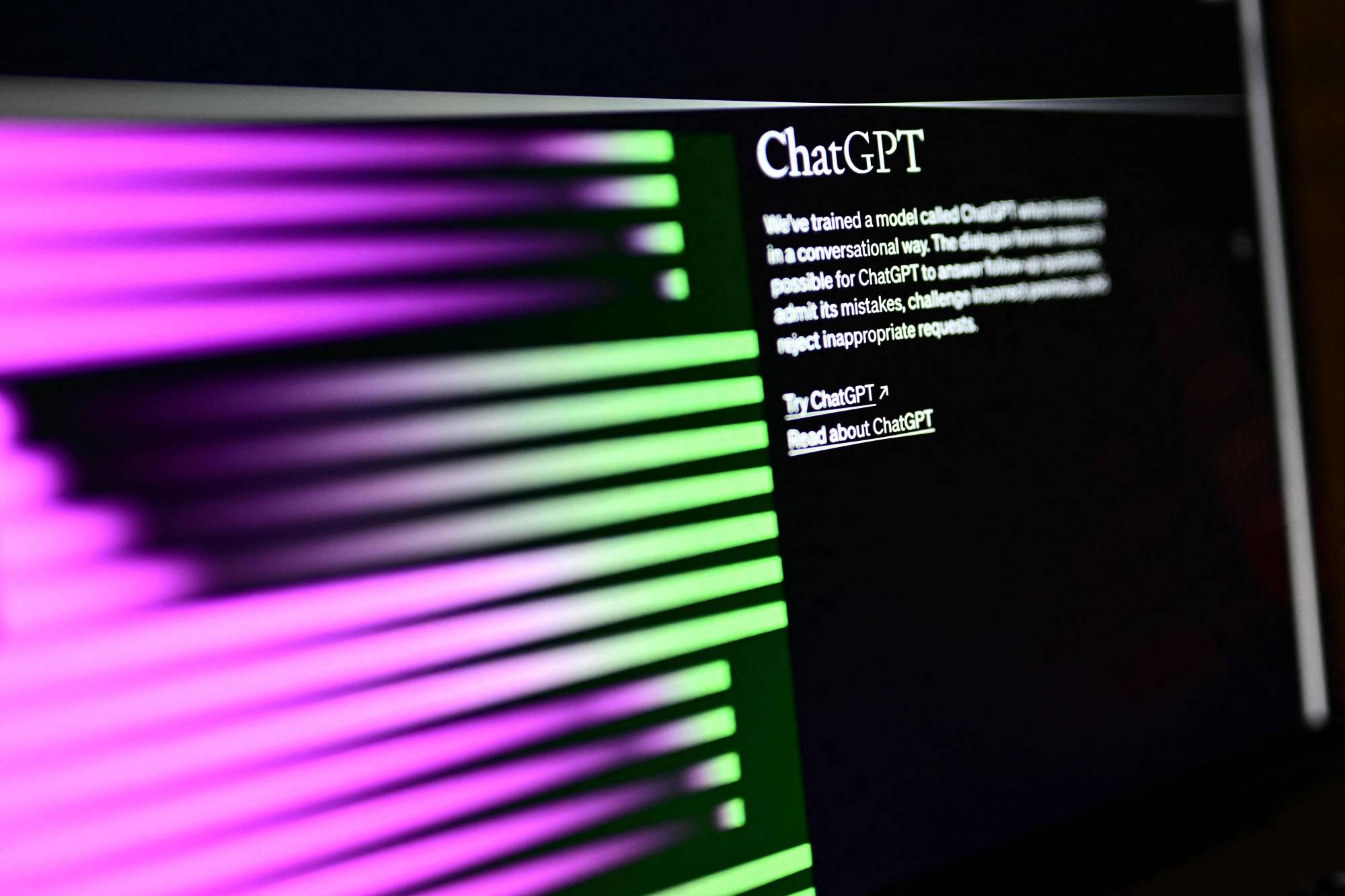When the U.S. Supreme Court decides in the coming months whether to weaken a powerful shield protecting internet companies, the ruling also could have implications for rapidly developing technologies like artificial intelligence chatbot ChatGPT.
The justices are due to rule by the end of June whether Alphabet's YouTube can be sued over its video recommendations to users. That case tests whether a U.S. law that protects technology platforms from legal responsibility for content posted online by their users also applies when companies use algorithms to target users with recommendations.
What the court decides about those issues is relevant beyond social media platforms. Its ruling could influence the emerging debate over whether companies that develop generative AI chatbots like ChatGPT from OpenAI, a company in which Microsoft Corp is a major investor, or Bard from Alphabet's Google should be protected from legal claims like defamation or privacy violations, according to technology and legal experts.



















With your current subscription plan you can comment on stories. However, before writing your first comment, please create a display name in the Profile section of your subscriber account page.